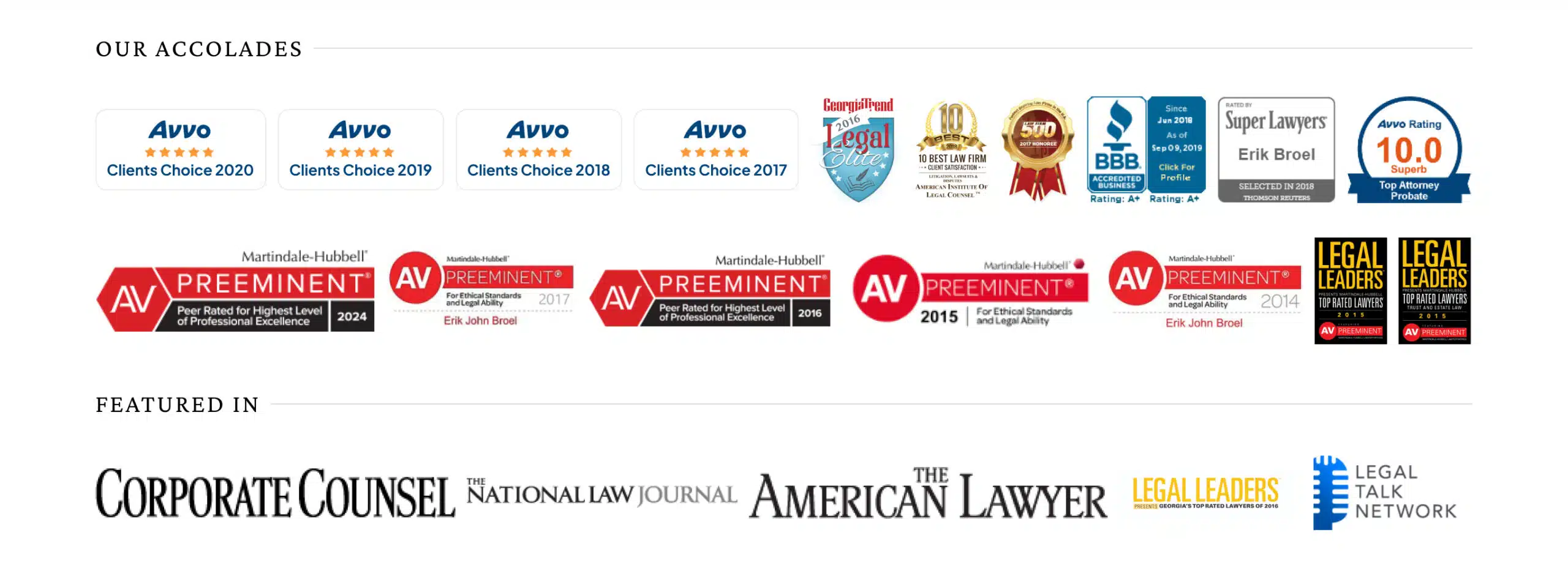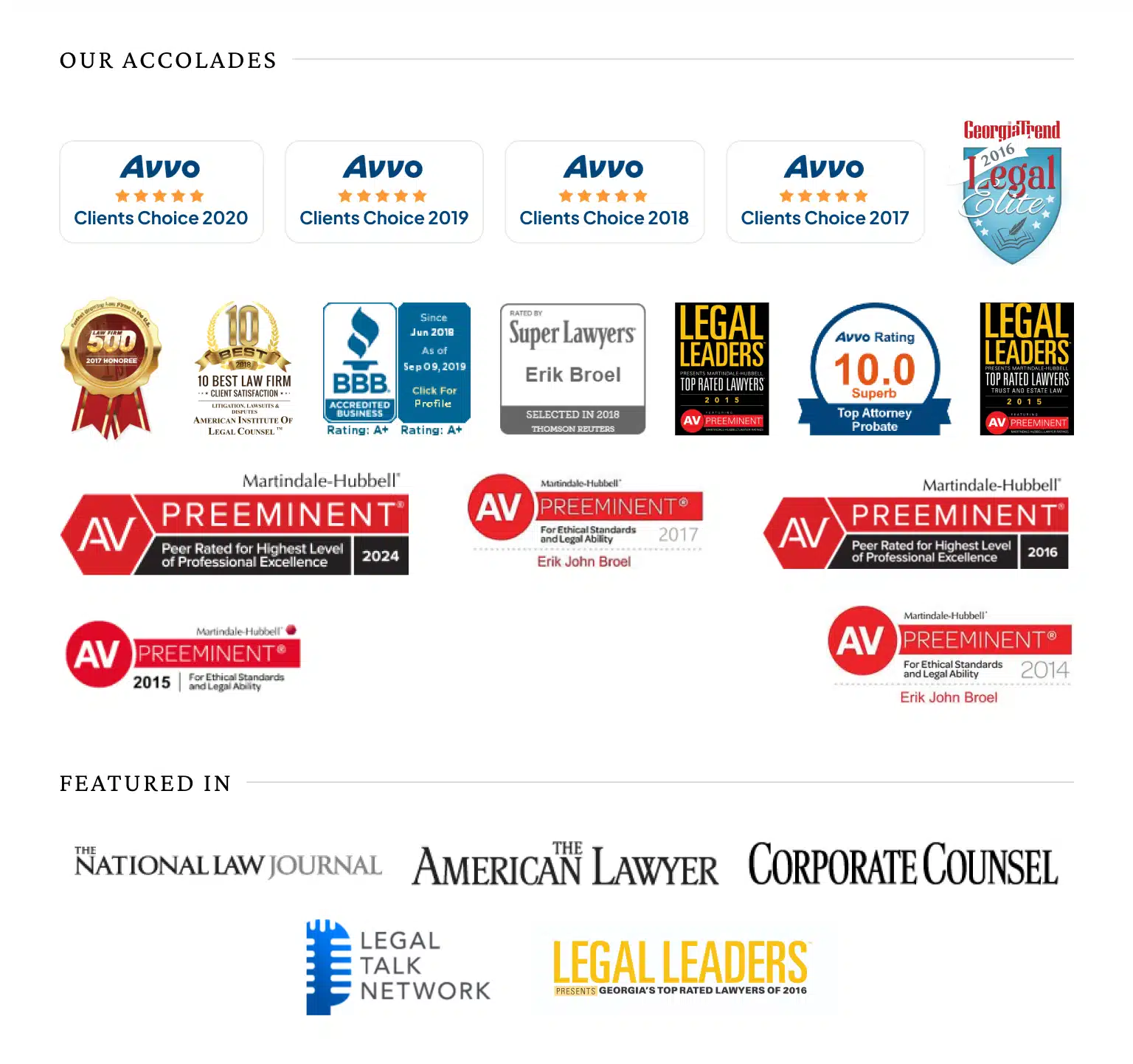The first question that needs to be answered is are you actually a beneficiary? This is typically something you would be aware of if you are the current beneficiary. If you are a contingent beneficiary (or think you are a contingent beneficiary), then this first question become very important. Either way, the trustee has certain duties they must uphold when carrying out the terms of the trust, and many of those would require interaction with the trust’s beneficiaries.

So if you are a current beneficiary of a trust, there are certain rights you have regarding the type of information you are entitled to receive from the trustee. Most trusts have provisions requiring the trustee to provide accountings to beneficiaries, at least annually. Sometimes the trust requires the beneficiaries to officially request the accountings from the trustee before they are required to provide the information.
An accounting would provide you with a breakdown of the assets of the trust, all the expenses and distributions made from the trust. These accountings are a useful tool to keep track of where the trust monies are going, and if there is anything that appears questionable it would likely show up somehow in the accounting.
If a trustee is refusing to provide you with an accounting and/or a copy of the trust documents itself, there are certain avenues you can pursue through petitioning the courts for help in obtaining the information. However, it is important to realize if the petitions filed with the court are not done properly, it could trigger a clause that appears in many trusts that could cause you to lose your rights as a beneficiary. This type of clause is usually called a “no contest clause”. These clauses simple state that if a beneficiary objects to how a trustee is handling the trust without just cause they could be cut out of the trust and no longer be considered a beneficiary. So, it is important to know what your trust says and make sure any court action is done right.
Trusts can be set up in many different ways so it can be a difficult to determine exactly what your rights are as a beneficiary, and how to properly exercise those rights. If you would like help with your trust situation, please contact our office for a complimentary consultation.
Compassionate listeners, knowledgeable guidance. Schedule a free consultation with our team and let us help you and your family with your legal concerns.
GET IN TOUCH 770-796-4685Learn Important Probate Essentials, including key things that go wrong in an estate, how to prevent them, and what to do if they happen.



© 2025 Georgia Probate Law Group by Broel Law, LLC. All rights reserved.